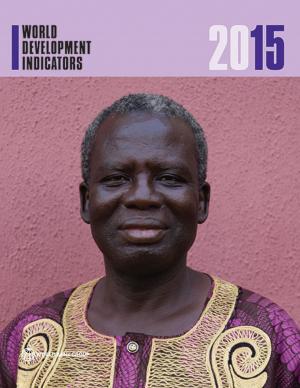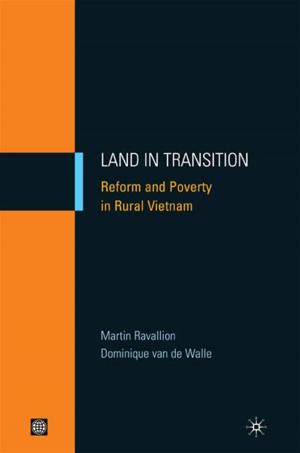Energy Efficient Cities: Assessment Tools And Benchmarking Practices
Nonfiction, Social & Cultural Studies, Political Science, Politics, City Planning & Urban Development| Author: | Bose Ranjan K. | ISBN: | 9780821381045 |
| Publisher: | World Bank | Publication: | April 29, 2010 |
| Imprint: | Language: | English |
| Author: | Bose Ranjan K. |
| ISBN: | 9780821381045 |
| Publisher: | World Bank |
| Publication: | April 29, 2010 |
| Imprint: | |
| Language: | English |
Energy is intrinsic to urban settlements, embedded in the built environment, and directly used to power socio-economic activity, transport and communications, and enable the provision of municipal services. In response to the crucial role of urban energy efficiency for environmentally sustainable and inclusive development processes, ESMAP's Energy Efficient Cities Initiative (EECI) was launched in October 2008 to facilitate the implementation of practical energy solutions that meet the development priorities of cities, and simultaneously build their climate resilience. Chapter 1 begins with a contextual background on the inter-related associations between energy, socio-economic progress and urbanization. This edited volume compiles seven topical papers presented at the two EECI sponsored sessions during the World Bank's fifth Urban Research Symposium, held at Marseille, France, June 28-30, 2009. Chapters 2-8 comprise the papers presented at these sessions: i) tools and assessment approaches on energy efficient urban development, and ii) good practices that promote low carbon sectoral interventions. The analytical tools and policy insights offered in this volume extend from integrated assessments of new cities to the impacts of socio-economic, climate and demographic changes on existing cities. Sector-specific interventions are discussed in the context of tools to 'green' buildings in Australia, the transformation to efficient lighting systems in the Philippines, and Demand Responsive Transport Systems in France. In addition, the documentation and benchmarking of a variety of low-carbon and carbon neutral good practices provides a range of practical insights on plausible energy efficient interventions in urban sectors. Thus the chapters in this publication comprise significant contributions to the ESMAP objective of mainstreaming and leveraging knowledge and initiatives on urban energy efficiency. Following from them, the last chapter 9 provides a contextual overview of ESMAP's programmatic priorities to support energy efficient urban growth, to be effected through EECI.
Energy is intrinsic to urban settlements, embedded in the built environment, and directly used to power socio-economic activity, transport and communications, and enable the provision of municipal services. In response to the crucial role of urban energy efficiency for environmentally sustainable and inclusive development processes, ESMAP's Energy Efficient Cities Initiative (EECI) was launched in October 2008 to facilitate the implementation of practical energy solutions that meet the development priorities of cities, and simultaneously build their climate resilience. Chapter 1 begins with a contextual background on the inter-related associations between energy, socio-economic progress and urbanization. This edited volume compiles seven topical papers presented at the two EECI sponsored sessions during the World Bank's fifth Urban Research Symposium, held at Marseille, France, June 28-30, 2009. Chapters 2-8 comprise the papers presented at these sessions: i) tools and assessment approaches on energy efficient urban development, and ii) good practices that promote low carbon sectoral interventions. The analytical tools and policy insights offered in this volume extend from integrated assessments of new cities to the impacts of socio-economic, climate and demographic changes on existing cities. Sector-specific interventions are discussed in the context of tools to 'green' buildings in Australia, the transformation to efficient lighting systems in the Philippines, and Demand Responsive Transport Systems in France. In addition, the documentation and benchmarking of a variety of low-carbon and carbon neutral good practices provides a range of practical insights on plausible energy efficient interventions in urban sectors. Thus the chapters in this publication comprise significant contributions to the ESMAP objective of mainstreaming and leveraging knowledge and initiatives on urban energy efficiency. Following from them, the last chapter 9 provides a contextual overview of ESMAP's programmatic priorities to support energy efficient urban growth, to be effected through EECI.















